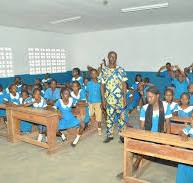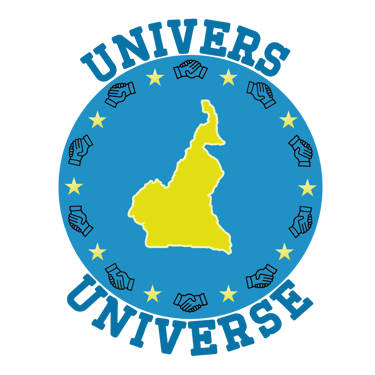Chapter 16 - National Education


1. Infrastructure
Issue: Poor Sanitation and Dismal School Infrastructure
It is painfully clear that young people are being educated in dismal, unattractive environments. The buildings themselves are often in deplorable condition—dirty, rundown, and uninspiring. When the structure that houses a school is already repulsive, it’s hard to expect the education within to be any better. In Cameroon, the value of education is eroded from the very first impression—by the image projected by the buildings that claim to educate future citizens.
Solution
The UNIVERS Party proposes a reimagining of the school system, starting with its physical structures. School buildings—whether they house primary schools, secondary schools, or colleges—must be visually appealing, both in architectural design and cleanliness. A more beautiful and dignified educational environment will help restore respect and credibility to education itself.
Issue: Lack of Equipment in Schools
Until now, educational infrastructure policy has boiled down to building classrooms and little else. Many schools lack libraries, science labs, cafeterias, and even functional toilets. These institutions are far from being centers of intellectual development—much less livable, humane spaces for young learners.
Solutions
No school should ever be opened again without basic intellectual infrastructure such as a library and laboratory. At the same time, student-friendly facilities must be included—like canteens and sanitary toilets—to make schools places that are truly fit to live and learn in.
Additional proposals are currently under review by the UNIVERS Party’s policy teams.
Issue: Infrastructure for Teachers
So far, school construction policy has been limited to classrooms, without any concern for the well-being of teachers—no offices, no housing. Yet there is no education without educators. Teachers must be present at their place of work, and for that, they need the means to live on site with dignity and stability.
Solution
Every new school must be built with dedicated housing for teachers. In fact, the teacher’s housing is a top priority—education can begin the moment the teacher is installed. A well-housed teacher, settled in comfortable and well-equipped accommodation, can become a source of inspiration for students.
Further solutions are being developed by the UNIVERS Party’s internal working groups.
A Curriculum Aligned with Cameroonian Realities
The content of school programs must reflect, as much as possible, the real-life conditions and environment in which the learning takes place. While general knowledge remains essential, training programs must also be aligned with employment policies (as outlined in Chapter 7).
Other measures under consideration include a harmonization of the education system, one that takes into account both French and British colonial legacies, while integrating Cameroonian cultural values and lived realities.
